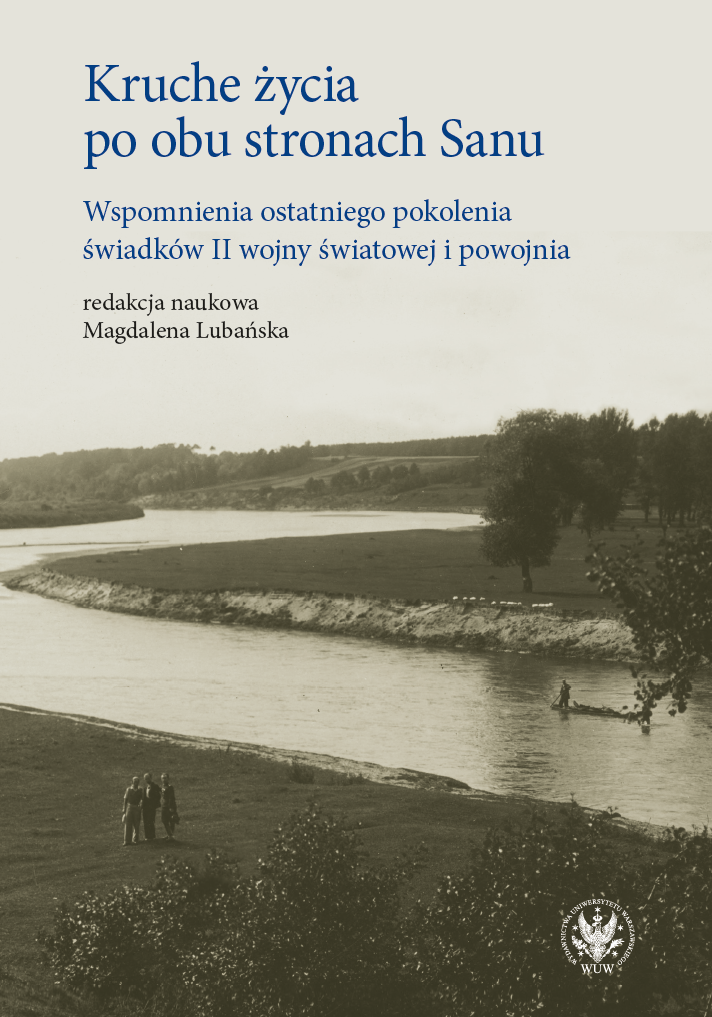„Ziemia jest jedna”. Antropologiczne studium procesów tworzących idiomy leżachowskiego cmentarza
‘The land is one’. An Anthropological Study of the Processes that Form the Idioms of the Village Cemetery in Leżachów
Author(s): Mikołaj Jan Witkowski
Subject(s): Anthropology, Customs / Folklore, Cultural Anthropology / Ethnology, WW II and following years (1940 - 1949), Post-War period (1950 - 1989)
Published by: Wydawnictwa Uniwersytetu Warszawskiego
Keywords: cemetery; Leżachów; ontological turn; borderland; Polish-Ukrainian conflict
Summary/Abstract: The text is a look at the village cemetery in Leżachów (Jarosław District, Subcarpathian Voivodeship) from the perspective of the Braudelian long, medium and short terms. The aim, however, is not to reconstruct its history, but to show – in these overlapping temporal planes – the shifting roles that the cemetery has played in the life of the Leżachów community. The author considers the cemetery as ‘a multi-temporal field in which the past has accumulated’. Using Holbraad and Pedersen’s method ("Thinking Through Things"), he traces the relationship between the matter that makes up the cemetery and the meanings that are given to that place. He reveals a fundamental shift in thinking and performing what a grave and a cemetery is, which took place in the second half of the 20th century. At that time, earthen graves (mogiły) surrounded by spontaneously growing plants were replaced by gravestones, set in a fully human-controlled ‘pure’ space. He also presents the subtle and often non-obvious (or even contradictory) links between these transformations and the events of the war and the postwar period, recorded in collective memory as the Polish-Ukrainian conflict. On a theoretical level, this article is a voice in the debate between today’s very expansive ontologies of ‘relational non-dualism’ and the receding old approaches of ‘Cartesian dualism’. The author’s aim is to identify the planes on which this opposition becomes troublesome and to propose a formula within which the coexistence of both perspectives seems possible and cognitively advantageous.
- Page Range: 247-279
- Page Count: 33
- Publication Year: 2024
- Language: Polish
- Content File-PDF

